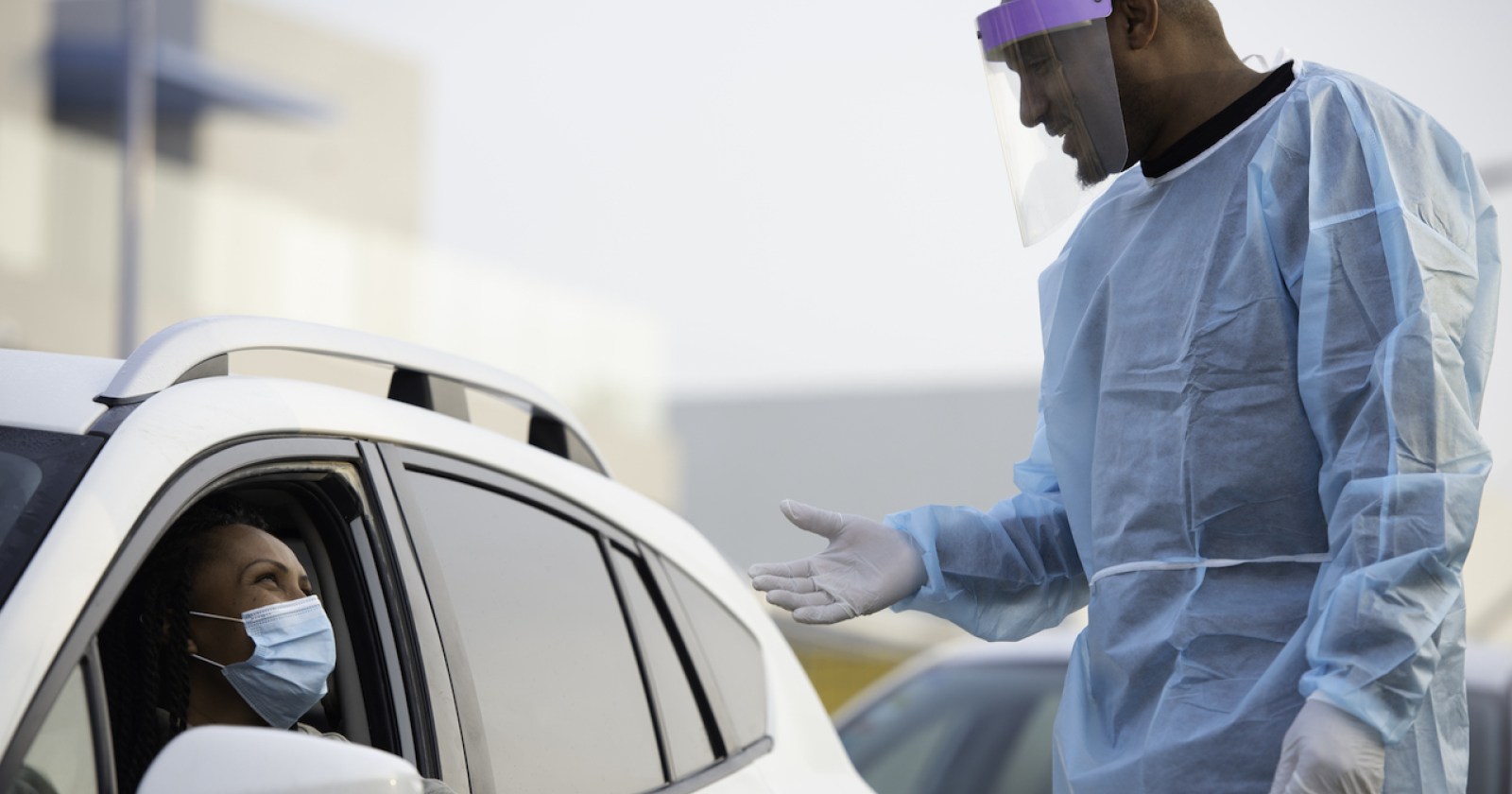
Do not wait to schedule your appointment.
Kenosha Community Health Center has many appointment options in Kenosha and Silver Lake to meet your needs.
Schedule An Appointment

The list of public COVID-19 testing centers in and around Kenosha County is updated regularly at kenoshacounty.org.
Kenosha Community Health Center has many appointment options in Kenosha and Silver Lake to meet your needs.
Schedule An Appointment
December 14, 2021
FREQUENTLY ASKED QUESTIONS ABOUT COVID-19 VACCINE BOOSTERS WHAT IS A BOOSTER SHOT? COVID-19 vaccines continue to work very well at preventing severe illness, hospitalization, [...]
April 13, 2021
DO THE COVID-19 VACCINES PROTECT AGAINST THE COVID-19 VARIANTS? The COVID-19 vaccines were developed based on the S protein before it contained the mutations [...]
October 28, 2020
Since the start of COVID-19 the Kenosha Community Health Center has performed thousands of COVID tests at the Mobile Unit stationed Monday, Wednesday and [...]
View our Privacy Policy | View Our Notice of Non-Discrimination | HIPPA Policy: English | HIPPA Policy: En Español
Kenosha Community Health Center, Inc. receives HHS funding and has Federal Public Health Services (PHS) deemed status with respect to certain health or health-related claims, including medical malpractice claims for itself and its covered individuals.
